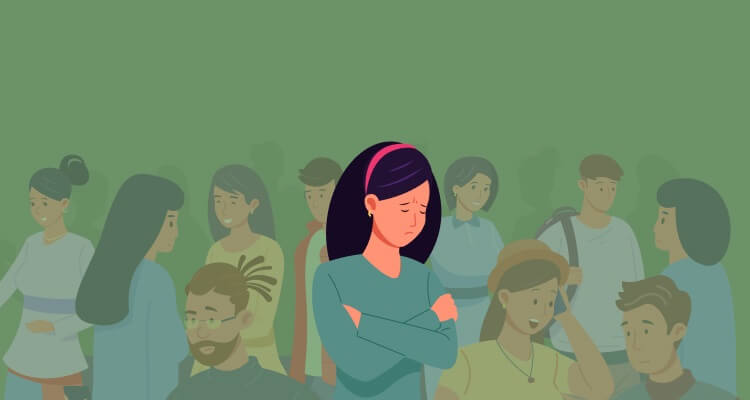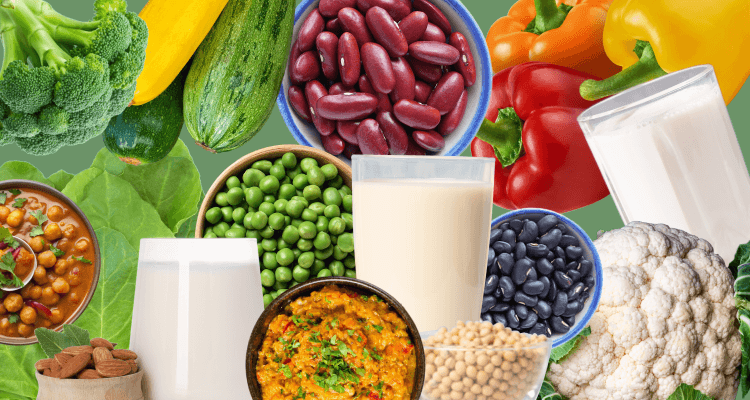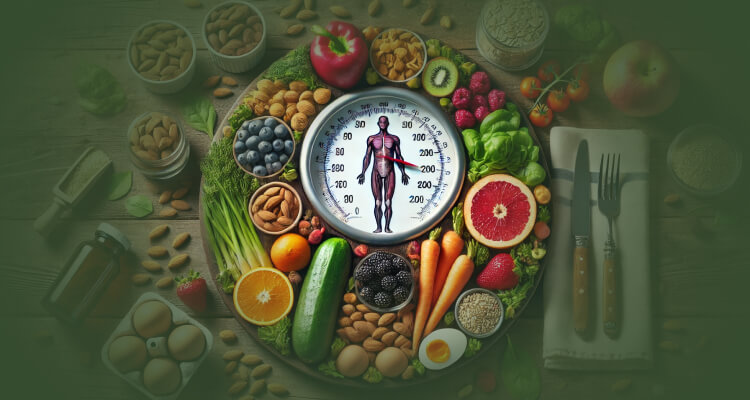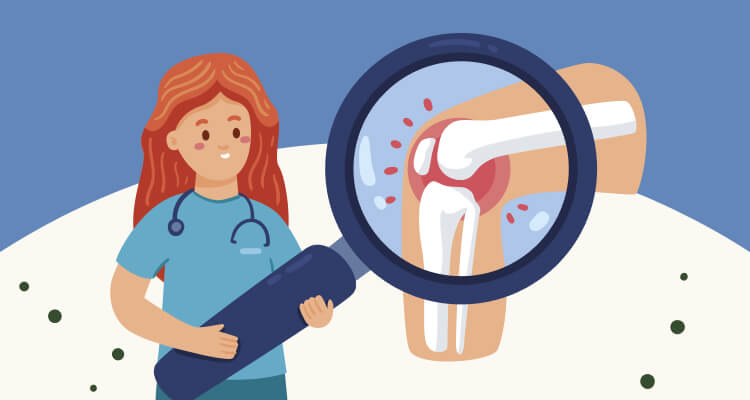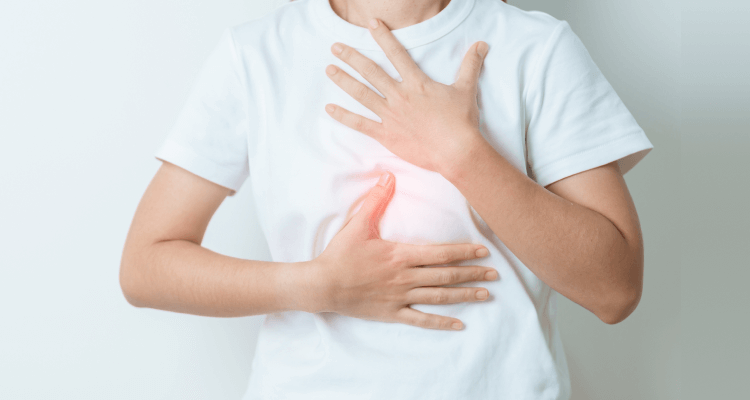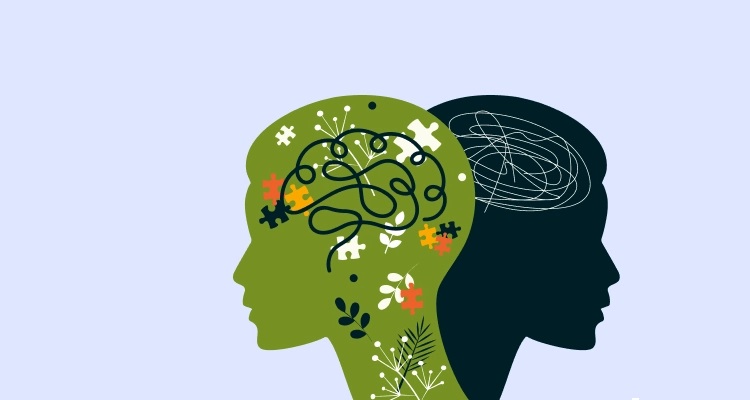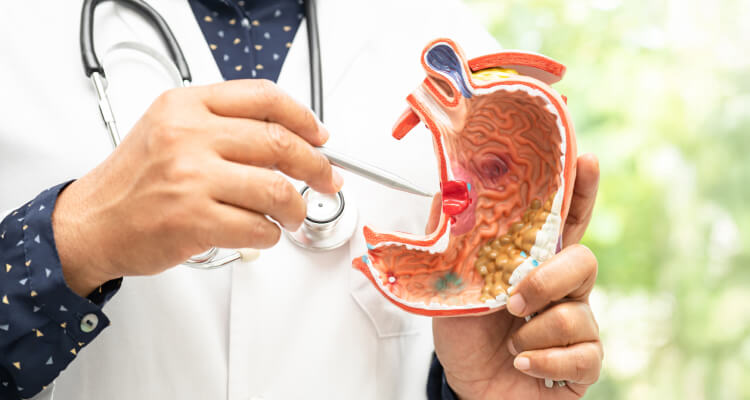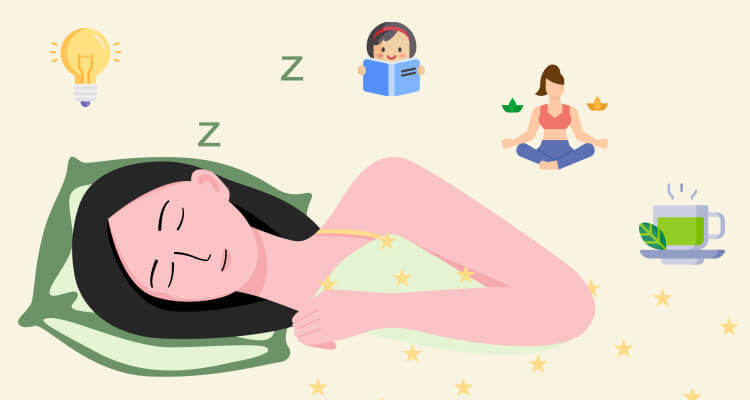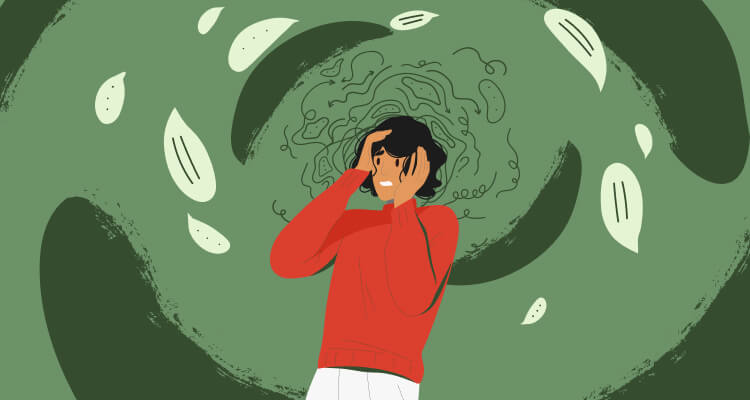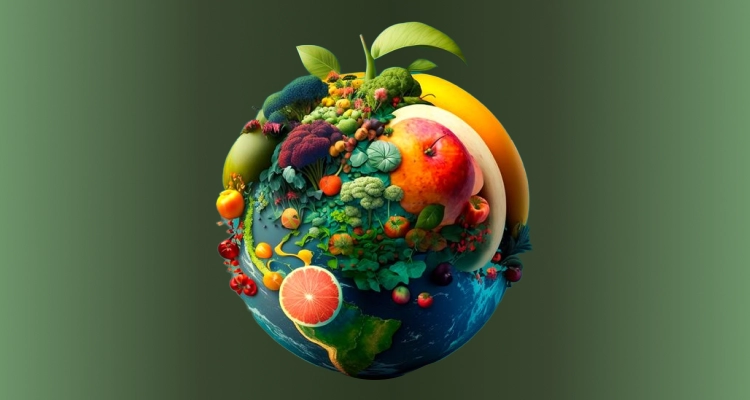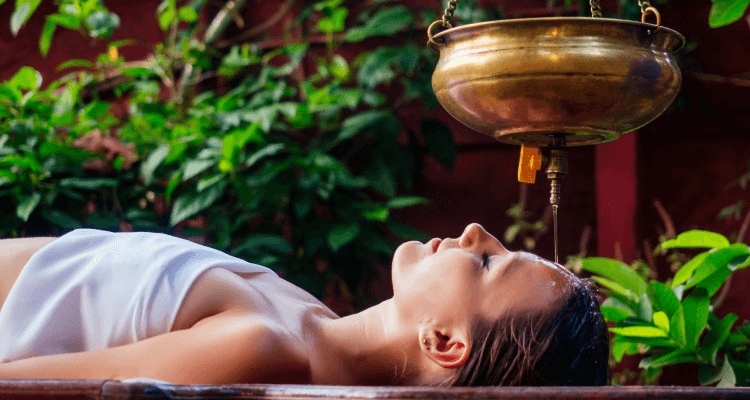Mental health can be a tricky landscape to navigate, especially when dealing with conditions like anxiety and depression. According to a survey, in 2019, 8.1% of adults reported symptoms of anxiety disorder, 6.5% had symptoms of depressive disorder, and 10.8% experienced symptoms of either anxiety disorder or depressive disorder.
Our expert, Sriman Narayanan, explains what anxiety and depression truly are, how they manifest differently, their interconnection, and how to address them using holistic practices.
Understanding Anxiety and Depression
Anxiety is a natural part of life, often serving as a response to stress or perceived danger. It’s a feeling of worry, nervousness, or unease, typically about an imminent event or something with an uncertain outcome. While occasional anxiety is normal, persistent or excessive anxiety that disrupts daily life may indicate an anxiety disorder.
Anxiety displays as a heightened state of alertness, where the body is primed for “fight or flight.” People with anxiety disorders may experience intense fear or worry about specific situations (social anxiety, phobias) or have a more generalized sense of dread that affects various aspects of life (Generalized Anxiety Disorder).
Depression, medically termed major depressive disorder, is far more complex than simply feeling sad or down. It’s a serious mental health condition characterized by persistent feelings of sadness, hopelessness, and a lack of interest or pleasure in activities. Unlike anxiety, which often involves a heightened state of arousal, depression is marked by a pervasive sense of emptiness and fatigue.
Depression affects how people think, feel, and handle daily activities. Depression can be triggered by a combination of genetic, biochemical, environmental, and psychological factors, and it often requires a comprehensive approach to treatment, including therapy and sometimes medication.
What are the Symptoms of Anxiety and Depression
Understanding the symptoms of anxiety and depression is crucial in distinguishing between these two conditions, even though they often overlap. Let’s see how these symptoms manifest differently in anxiety and depression:
Anxiety:
- Palpitations ( A racing heart, often accompanied by shortness of breath)
- Muscle tightness, headaches, and a sense of restlessness
- Dizziness
- Difficulty falling asleep due to physical discomfort or a racing mind
- Constant feeling of worry as if something bad is going to happen
- Irrational fears about specific situations or events
- Irritability often in response to minor stressors
- Racing thoughts
- Difficulty concentrating on tasks due to overwhelming worry
- Catastrophic thinking about the worst possible outcomes in any situation
- Frequently needing confirmation from others but still feeling uncertain
Depression:
- Persistent fatigue regardless of rest
- Noticeable weight gain or loss due to changes in eating habits
- Sleep issues (Either insomnia or hypersomnia)
- Unexplained aches and pains, such as headaches or stomach aches
- Physical slowness or heaviness
- Deep sadness or emptiness that lingers over time
- Hopelessness feeling
- Loss of interest in activities that were once enjoyable
- Irritability and frustration
- Slowed thinking or negative thought pattern
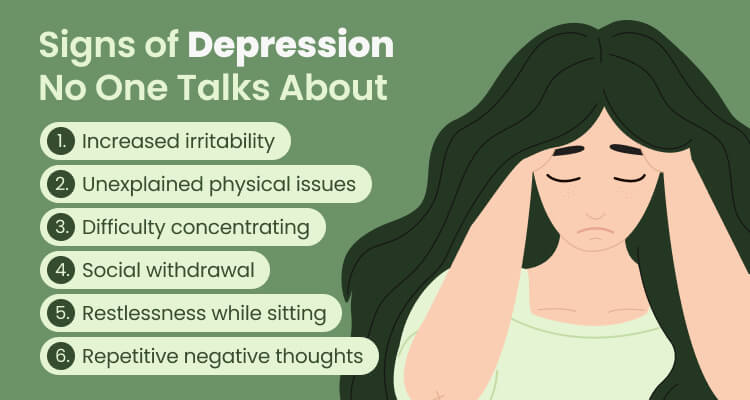
Exploring the Causes of Anxiety and Depression
Anxiety can occur from:
- Family history of anxiety disorders
- Trauma, abuse, or major life changes
- Biological Factors
- Psychological factors such as chronic worry and perfectionism
- Certain medical issues
Depression can occur from:
- Family history of depression
- Imbalances in brain chemicals.
- Life events like loss or financial problems.
- Psychological factors such as low self-esteem and pessimistic thinking
- Health conditions like chronic illnesses and deficiencies
When Anxiety and Depression Cross Paths: What’s the Connection?
Anxiety and depression are not only similar but also frequently occur together, a phenomenon known as comorbidity. Many people with depression also experience anxiety. Research shows that 45.7% of individuals with lifetime major depressive disorder also have a history of an anxiety disorder. Within a 12-month timeframe, 41.6% of individuals with major depression also suffer from an anxiety disorder.
- More Common in Women:
Women are more likely to experience both anxiety and depression, especially during their reproductive years. They are twice as likely to face these conditions compared to men.
- Genetic and Neurobiological Links:
Both anxiety and depression can run in families, showing a 40% genetic link. Neuroticism, a trait involving emotional instability, shares genetic risk with both disorders. Additionally, shared alterations in neural circuits, particularly in prefrontal-limbic pathways, are common in both conditions, highlighting overlapping brain mechanisms.
- When they start:
Anxiety disorders often develop in preadolescence and early adolescence, while major depression typically begins in adolescence and early adulthood. Having anxiety can increase the risk of developing depression later.
- Different Overlap Rates:
The likelihood of having anxiety along with depression varies by type of anxiety disorder- 20%-70% for social anxiety disorder, 50% for panic disorder, 48% for PTSD, and 43% for generalized anxiety disorder. It was also noted that 53% of patients with major depression had significant anxiety, indicating a substantial overlap between anxious and depressive symptoms.
How Ayurveda Addresses Anxiety and Depression
Ayurveda offers a unique perspective on anxiety and depression, emphasizing a balance between mind, body, and soul. Here’s how Ayurveda approaches these conditions:
- Anxiety (Chittodvega)
In Ayurveda, anxiety is related to an imbalance in the mind and sensory functions. It includes issues with sensory perception (Asatmendriyarthasamyoga) and mistakes in thinking or judgment (Prajnaparadha). Anxiety is often linked to increased Vata and Pitta doshas, leading to heightened mental activity and irrational fears.
- Depression (Vishada or Manoavasada)
Depression in Ayurveda is viewed as an imbalance in the mind’s emotional state, known as Vishada (or Manoavasada). This emotional disorder is characterized by persistent sadness, loss of enthusiasm, and a lack of motivation. It involves an increase in inertia (Tamo guna) and disturbances in the Vata and Kapha doshas.
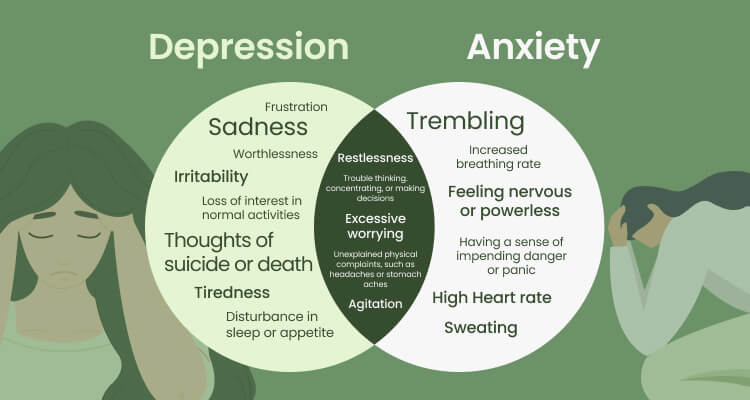
Ayurvedic Remedies for Anxiety and Depression
Ayurveda employs a range of treatments to address the root causes of anxiety and depression:
Faith Healing
The approach includes spiritual and ritual practices that provide emotional support and reassurance. It emphasizes the importance of faith and mental comfort in healing.
Rational Treatments
It involves evidence-based therapies and treatments, including:
- Panchakarma Procedures:
Detoxifying treatments such as Nasal therapy to improve mental clarity and balance (Nasya), purgation treatment to cleanse the body and restore balance (Virechana) and Enemas (Anuvasana and Asthapana) to address gastrointestinal imbalances, important for mental health due to its effect on serotonin levels
- External Therapies:
Oil pouring on the forehead (Shirodhara), oil retention on the head (Shirovasti), head massage (Shiro Abhyanga) and oil pack on the scalp (Shiro Pichu) are used to calm the mind and strengthen the sensory system.
Satwavajaya (Psychotherapy Based on Ayurvedic and Yogic Philosophies)
Ayurvedic psychotherapy includes practices such as consolation and emotional support (Santwana), reassurance to alleviate fears and anxieties (Ashwasana) and positive psychology techniques to promote mental well-being and bliss (chitta prasadan).
Finding Balance and Hope with LYBL
Understanding and addressing anxiety and depression can be overwhelming, but it’s crucial for improving mental well-being. Both conditions affect daily life and emotional health in different ways, and finding the right approach to manage them is key. Whether through modern treatments or holistic practices, a comprehensive strategy can make a significant difference.
At LYBL (Live Your Best Life), our expert-guided consultations blend ancient Ayurvedic wisdom with conventional methods, offering personalized support tailored to your unique needs. With LYBL, you can find the support needed to navigate the challenges of anxiety and depression and move towards a more harmonious and healthy state of mind.

